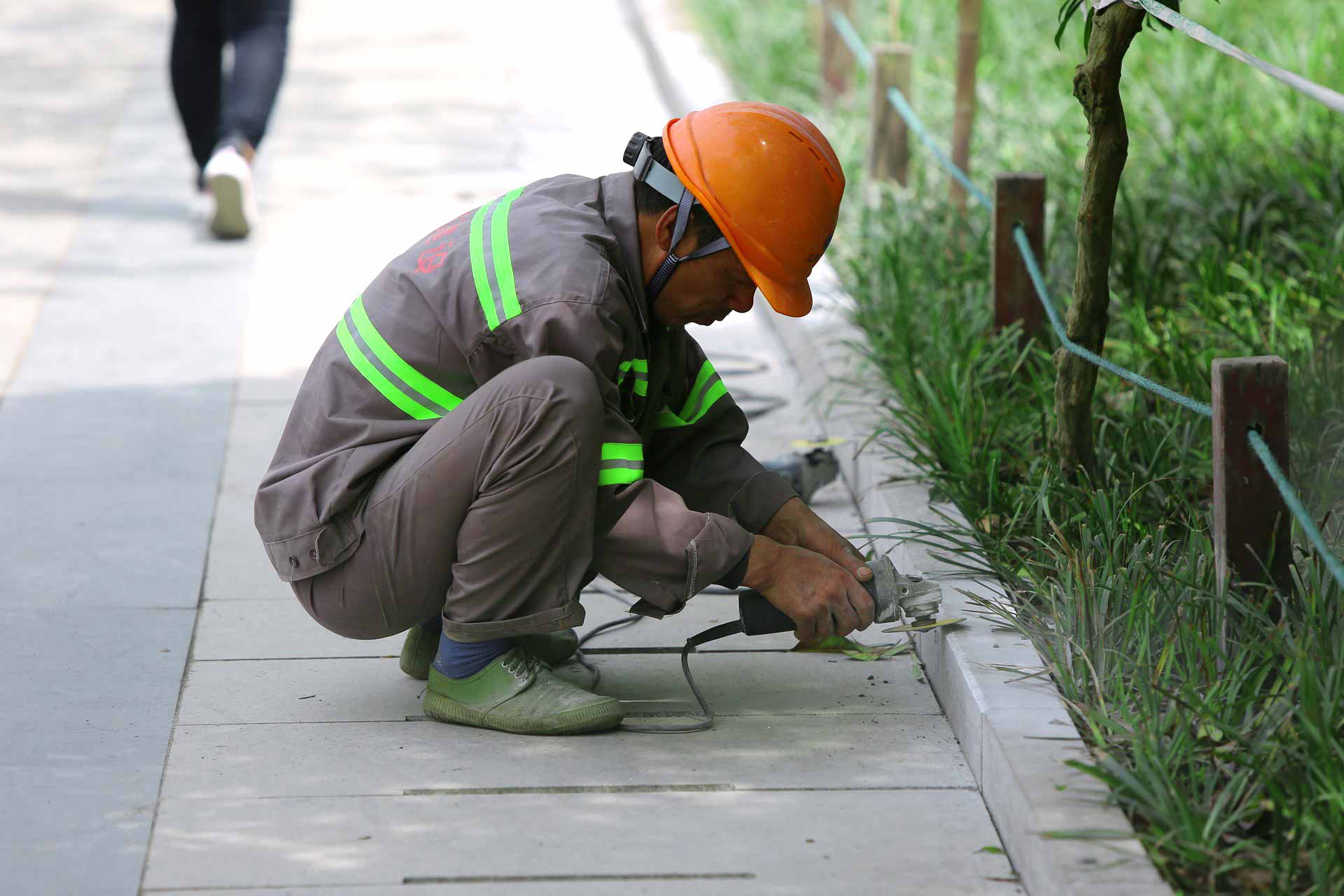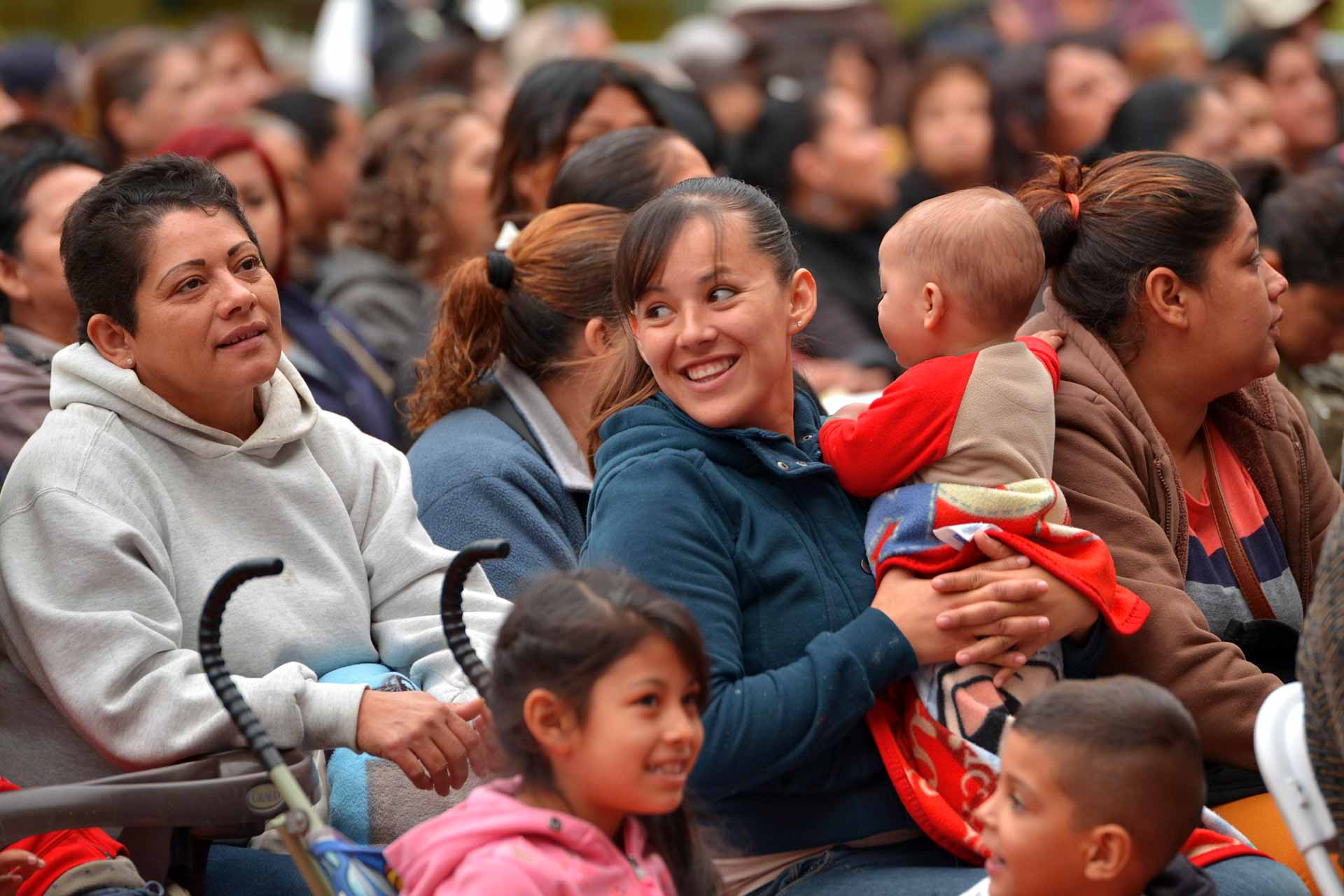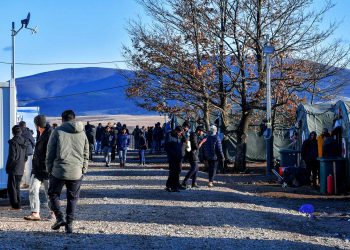Migrant workers earn nearly 13 per cent on average less than national workers in high-income countries, according to a new International Labour Organization (ILO) report. In some countries such as Cyprus, Italy and Austria the pay gap in hourly wages is higher, at 42 per cent, 30 per cent and 25 per cent respectively. In Finland it is lower than the average, at 11 per cent and in the European Union as a whole it is almost 9 per cent.
The migrant pay gap has widened in some high-income countries, in the last five years: in Italy for example, migrant workers earn 30 per cent less than nationals according to the latest data, compared to 27 per cent in 2015. In Luxembourg the pay gap is 27 per cent compared to 15 per cent in 2015, in the Netherlands, the pay gap is 20 per cent compared to 16.5 per cent in 2015, and in Belgium 13 per cent compared to 10 per cent in 2015.
However, in all countries migrants face problems of discrimination and exclusion, which have been aggravated by the COVID-19 pandemic, the ILO study shows.
The report – The migrant pay gap
Understanding wage differences between migrants and nationals – shows that migrants in high-income countries are more likely to be in precarious work, with 27 per cent on temporary contracts and 15 per cent working part-time. They are disproportionately represented in the primary sector – agriculture, fishing and forestry – and take up more jobs than nationals in the secondary sector: mining and quarrying; manufacturing; electricity, gas and water; and construction.
“Migrant workers often face inequality of treatment in the labour market, including with respect to wages, access to employment and training, conditions of work, social security, and trade union rights. They play a fundamental role in many economies. They cannot be considered as second-class citizens,” says Michelle Leighton, Chief of the Labour Migration Branch.
Migrant workers – Skills mismatch
Migrant workers earn less than similarly qualified nationals within the same occupational category.
They are more likely to work in lower-skilled and low-paid jobs that do not match their education and skills, which may point to discrimination during the hiring process. Higher-educated migrant workers in high-income countries are also less likely to attain jobs in higher occupational categories.
In the United States and Finland, for example, while the share of migrant workers with secondary school education is 78 per cent and 98 per cent, respectively, the share of migrant workers in high- or semi-skilled jobs are only 35 per cent and 50 per cent. This reflects the fact that they have difficulties transferring their skills and experience across countries, in large part due to lack of systems that recognize the skills and qualifications of migrant workers.
In low- and middle-income countries, the situation is reversed: migrant workers are usually temporary high-skilled expatriates. They tend to earn about 17.3 per cent more per hour than non-migrant workers.
Women migrant workers are doubly discriminated against
Migrant women workers face a double wage penalty, both as migrants and as women. The pay gap between male nationals and migrant women in high-income countries is estimated at nearly 21 per cent per cent per hour. This is higher than the gender pay gap (16 per cent) in those countries.
This is partly because migrant women workers represent a significant share of those in domestic work: 73 per cent (or 8.45 million) of all migrant domestic workers around the world. In high-income countries, the pay gap between migrant care workers and non-migrant care workers is about 19 per cent.
Deabate: European Minimum Wage: Can we have an EU salary?
Impact of the pandemic to migrant workers
The pandemic has had a greater health and economic impact on migrant workers than on the rest of the working population. At the onset of the COVID-19 crisis, tens of millions of migrant workers were forced to return home after losing their jobs.
Their jobs are less amenable to teleworking compared to non-migrants and many of them are frontline workers who are more exposed to the virus. The crisis – of which we do not yet have a complete picture – may widen the labour market differences between migrant workers and nationals, which may in turn further deepen migrant pay gaps, says the report.
Migrants call for better wages and working conditions at Rome rally in Italy
The crucial contribution of migrant workers to Europe’s coronavirus response
The current coronavirus pandemic presents an unprecedented challenge to most European countries.
The rapid spread of the virus has led many Member States to temporarily shut down large sections of their economies with the intent of slowing down its propagation rate.
While the forced shut down has confined large sections of the workforce at home, some essential functions still need to be performed to keep European citizens healthy and safe and to ensure access to basic services during the pandemic.
“Key workers” – from doctors to nurses and drivers – are performing those crucial tasks. They are on the frontline of the EU response to the coronavirus crisis.
A new Joint Research Centre (JRC) study quantifies the contribution of EU and extra-EU migrants to keeping these basic services running.
“The overarching picture that our study paints is that of a migrant workforce that acts as an integral part in keeping basic and necessary functions of European societies working amidst the periods of forced closure”, JRC researcher Jacopo Mazza said.
13% of key workers are immigrants
Based on European Commission guidelines concerning the exercise of the free movement of workers during COVID-19 outbreak, the study identifies the key workers in terms of the EU’s coronavirus response.
It finds that around 31% of the employed working-age individuals in the EU perform key functions.
The largest five categories are teaching professionals (14.5%), skilled agricultural workers (11.9%), science and engineering associate professionals (11.1%), personal care workers (10.3%) and cleaners and helpers (9.9%).
While the majority of the key workers were born in the country they work in, intra-EU and extra-EU migrants fill vital roles that keep European economies functioning during the pandemic.
On average, 13% of all key workers are migrants, although in some specific sectors the share of migrants is much higher. For instance, up to a third of all cleaners and domestic helpers are foreign born.
Share of migrant workers is high in low-skill jobs
According to the study, the share of migrant workers – especially extra-EU migrants – is particularly high in key low-skill jobs, such as personal care workers in health services, drivers, transport and storage workers as well as food processing workers.
“The fight against coronavirus has unveiled the relevance of migrant workers in many occupations. This aspect is often overlooked – if not dismissed – in the debates on legal migration predominantly focused on the importance of attracting high skilled migrants to the Union”, Jacopo Mazza concludes.
JRC researcher Jacopo Mazza conducted the study in collaboration with Francesco Fasani of the Queen Mary University of London.















